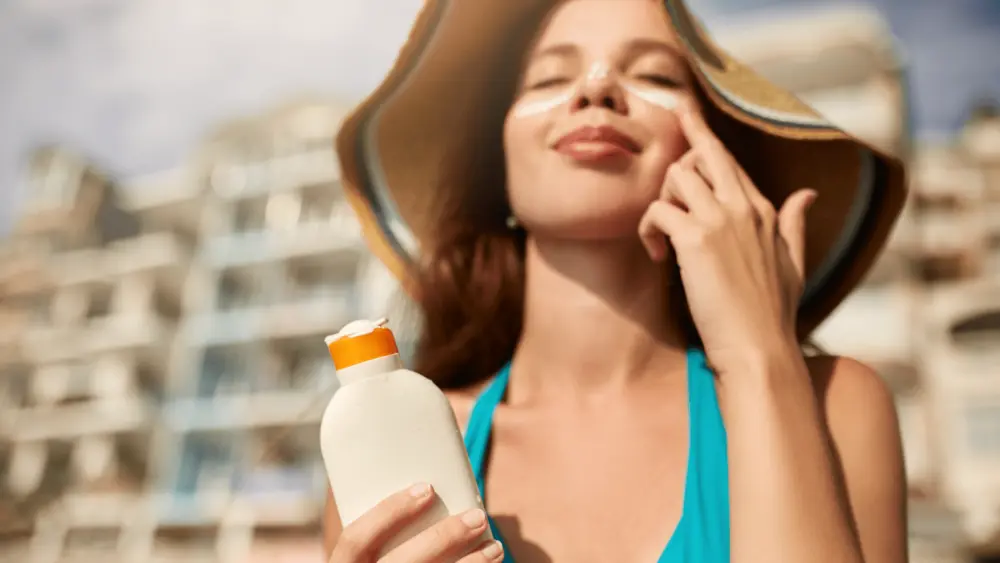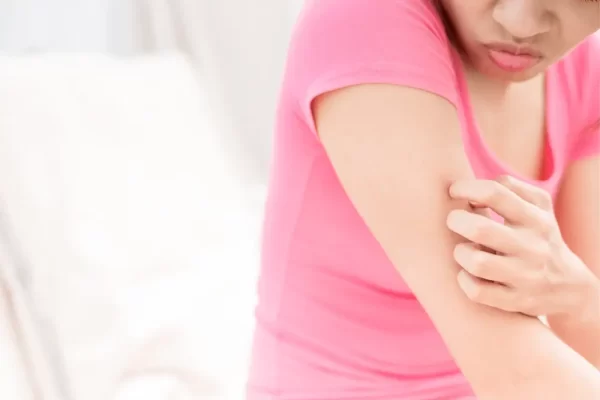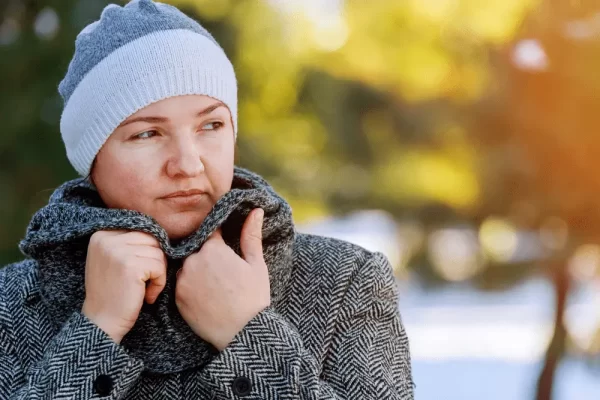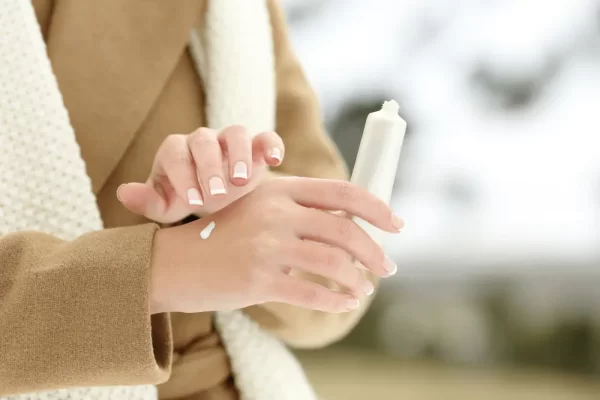Our skin needs extra protection from the climatic changes in the outside environment and the factors we cannot control. Our skin forms a protective layer on top of it to shield the natural oils and vitamins inside and not let it get lost with the uncertainty in temperatures and climatic conditions.
With an early arrival of summers this year in various parts of Asia, it becomes all the more important to go back to the summer-time routine when extra hydrating yourself to hydrate your skin and make it look radiating. It is not just the indoor layers of moisturizers that we need to stock up on to protect the skin, but the outdoor are essential too.
As we begin to age, there are certain everyday skin routines we need to religiously follow to keep our skin from losing its tightness and radiance. One of the significant reasons we begin aging at a very early age is more unprotected exposure to sunlight UVB rays.
We might need enough sunlight and vitamin D to keep our body and skin healthy. Still, suppose we decide to move out without applying any protective layer on the skin. In that case, we are practically burning the skin barrier and increasing the chances of skin diseases or skin cancer per see.
And that’s when sunscreen makes its intervention and is considered a ‘necessary evil.’ Various dermatologists have been recommending sunscreen application, especially in middle-aged women outside their homes for most of the duration, to filter the UV rays from the peeping rays of sunshine. A source informs that sunscreen can reduce damage caused by skin cancer, sunburn, or even premature aging.
What kind of Sunscreen are capable of Blocking Ultraviolet rays?
While choosing the best brand of sunscreen lotions, we have always been more focused on the SPF number over the bottle, and we conclude that the higher the number is, the more chances of skin protection. We might be in delusion or unaware of the hard facts about sunscreens.
Three kinds of Ultraviolet rays could have a different effect on our skin; UVB rays are responsible for causing sunburn; on the other hand, UVA rays are responsible for premature aging, wrinkles, pigmentation, etc. Since we have little knowledge about these facts, we choose the lotions for protecting our skin from the only sunburn, and the premature aging part remains intact in the list of harmful effects of ultraviolet rays.
Australian researchers conducted a randomized controlled trial using data from The Nambour Skin Cancer Prevention Trial. The research was conducted to analyze whether sunscreens can block UVB rays that could cause sunburn and block UVA rays that prevent premature aging.
The end-results by the researchers showed that applying broad-spectrum sunscreens were not only able to prevent premature aging but also during the duration of the study the wrinkles found on the skin of the participants were 24 percent less in the group of people who applied the sunscreen every day compared to the ones who did not.
There was no detectable increase in wrinkles or aging in those groups of participants who were given sunscreen for application on their skin.
The Concluding Word
Choosing the right sunscreen is essential, and it does not depend only on the higher figures of the SPF on your lotion bottles. Instead, the participants must choose broad-spectrum sunscreen lotions that prevent sunburn by blocking UVB rays from the sunlight and blocking UVA rays responsible for aging.
It is best to choose those sunscreens which contain ingredients such as Avobenzone, Benzophenones, PABA, cinnamates, and salicylates. Half of these ingredients are useful for preventing sunburn, and the other half is good for preventing aging. Next time, before going to choose sunscreens, remember the aging condition, which is a cause of exposure to more sunlight and not taking enough preventive measures.




